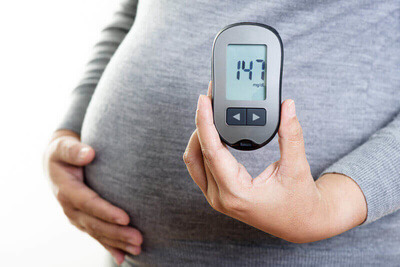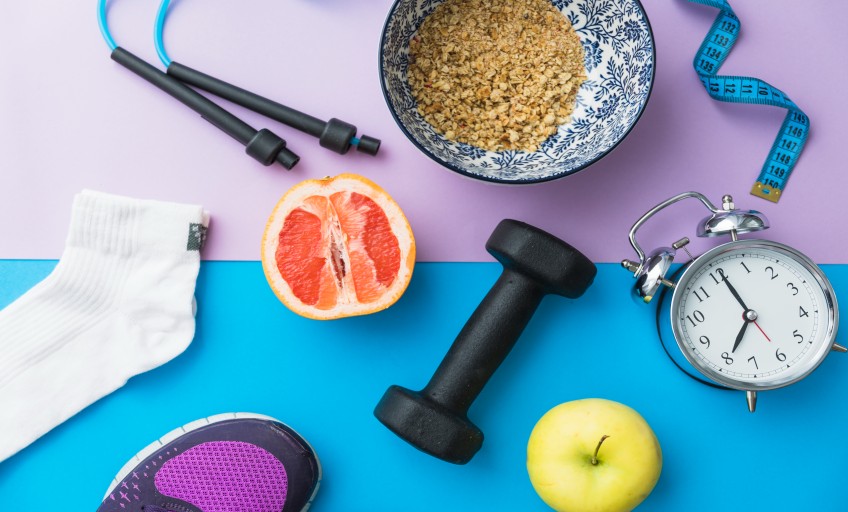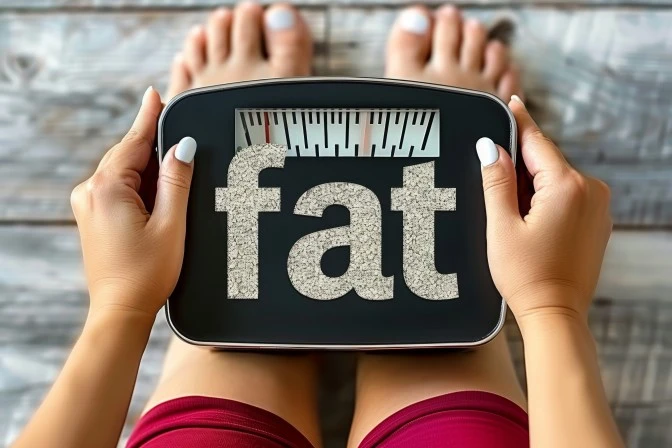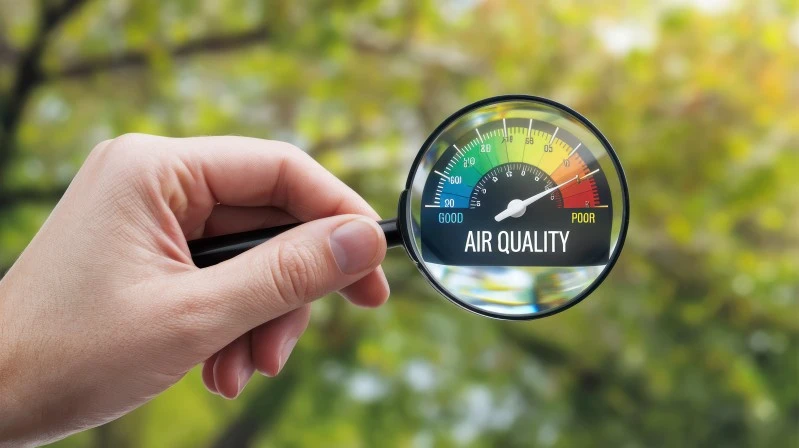
Suman Agarwal is an award-winning celebrity nutritionist with several years of experience. She breaks down a few dinner myths and imparts wise truths on the right way dinner should be had.
We live busy lives, but at the end of the day, we finally get a chance to unwind and spend time with our families. This is why dinner is a relaxed meal that we can have slowly and savour the experience. However, there seems to be some confusion about the best time to have dinner and how much to eat. Here we examine some of the myths about dinner, explain why they are wrong, and provide facts about dinner, explaining what we should do instead.
Debunking dinner myths
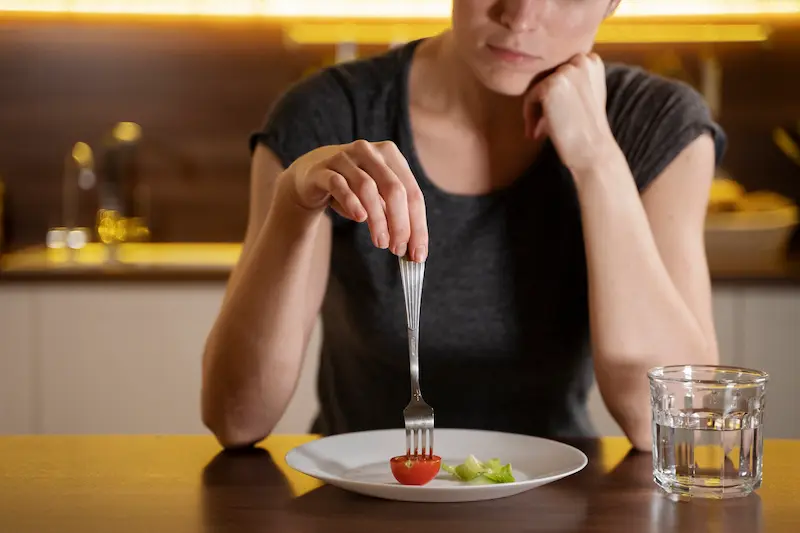
Dinner habits are often surrounded by outdated advice. From carb-cutting fears to timing myths, not everything holds up. It is time to separate fact from fiction on your plate. Let’s unravel the truth behind common dinner misconceptions.
Dinner myth 1: Eat an early dinner
Many people believe that dinner should be had latest by 7.00 PM to stay healthy. Here’s why that doesn’t work; because of our urban lifestyle, the majority of people do not go to bed before 11.00 PM. Keeping such a long gap between dinner and bedtime often leads to hunger pangs and late-night snacking.
Dinner fact 1: Eat dinner closer to bedtime
As a general rule, there should be a four-hour gap between each meal. So, if you have breakfast at 9.00 AM, lunch should be at 1.00 PM, teatime snacks at 5.00 PM, and dinner at 9.00 PM. These four-hour gaps keep us feeling satisfied throughout the day and prevent binge eating late at night. Eating dinner two hours before bedtime ensures that you don’t go to bed hungry or wake up feeling weak.
Dinner myth 2: Eat a light dinner
The hard dinner myth suggests it should be the lightest meal of the day. This causes many people to have just a soup or salad for dinner. But, this too can lead to you being hungry at bedtime and prone to late-night snacking or binge eating. If you are able to stop yourself from snacking and sleep on an empty stomach, you could wake up with a severe headache.
Dinner fact 2: Eat a satisfying dinner

Dinner should not be a light meal, but at the same time, it shouldn’t be too heavy. The guidelines to follow are: snacks should be lighter than breakfast, and dinner should be lighter than lunch. In this way, your teatime snacks are the lightest meal of the day, whereas dinner is a full meal that satisfies you without making you feel stuffed. Eating a good dinner will stop the snacking after bedtime, help you sleep better and prevent morning headaches. A very heavy dinner, however, can lead to obesity, so remember to keep it balanced.
Rethink your dinner routine
Dinner myths can easily steer us off track, but science tells a different story. What truly matters is portion control, balanced nutrition, and mindful choices—not skipping meals or fearing certain foods. Regardless of when or what you eat, ensure your plate includes all essential nutrients: proteins, carbohydrates, fats, fiber, vitamins, and minerals. Eat mindfully, not fearfully, and pledge to follow a healthy, well-rounded diet for better fitness and lasting well-being.
FAQs on myths about dinner
Curious about common dinner beliefs? Here are answers to the most frequently asked questions that clear up the confusion.
- Why is dinner so important?
Dinner helps replenish energy, supports overnight recovery, and ensures you meet your daily nutritional needs. Skipping it regularly can lead to nutrient deficiencies and affect sleep quality.
- What happens if we skip dinner?
Skipping dinner occasionally is not harmful, but doing it frequently may lead to overeating later, disrupted metabolism, and lower energy levels the next day.
- Which meal is best to skip?
There is no one-size-fits-all answer. It depends on your lifestyle and health goals, but it is generally best to eat regularly and focus on balanced meals throughout the day.
- Is it better to eat late or skip dinner?
Late dinners are not ideal, but skipping meals entirely is not the solution. If you must eat late, opt for something light and nutritious rather than going to bed hungry.
Key Takeaways
- Eating an early dinner does not work.
- Have it two hours before bedtime.
- Avoid having a very light dinner; instead, opt for a satisfying meal.
Stay tuned to the Activ Living Community. Keep up to date with the latest health tips and trends through expert videos, podcasts, articles, and much more on nutrition, fitness, mindfulness, and lifestyle conditions like Asthma, Blood Pressure, Cholesterol, and Diabetes. Activ Living ke saath sahi sehat ki shuruat ABHI karo.
You may also be interested in the following blogs:
Popular Searches
How to lower blood pressure | Fruits good for liver | Unhealthy foods | Ragi Benefits | Basal Metabolic Rate | Acupressure points for High Blood Pressure | Ayurvedic medicine for blood pressure | How to control cholesterol at home | Homeopathy for Asthma | Biological Age | Home remedies for TB | Natural beta blockers | Negative effects of internet | Types of walking | Blood pressure calculator | Blood sugar calculator | BMI Calculator





 1800-270-7000
1800-270-7000


